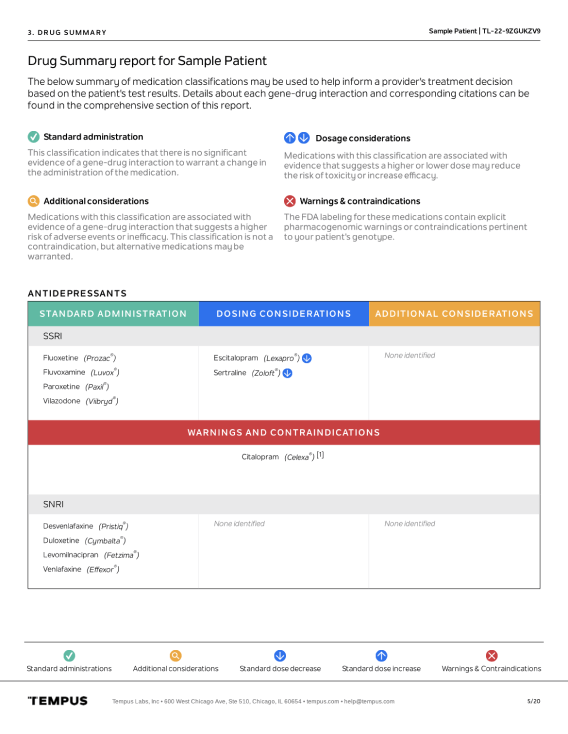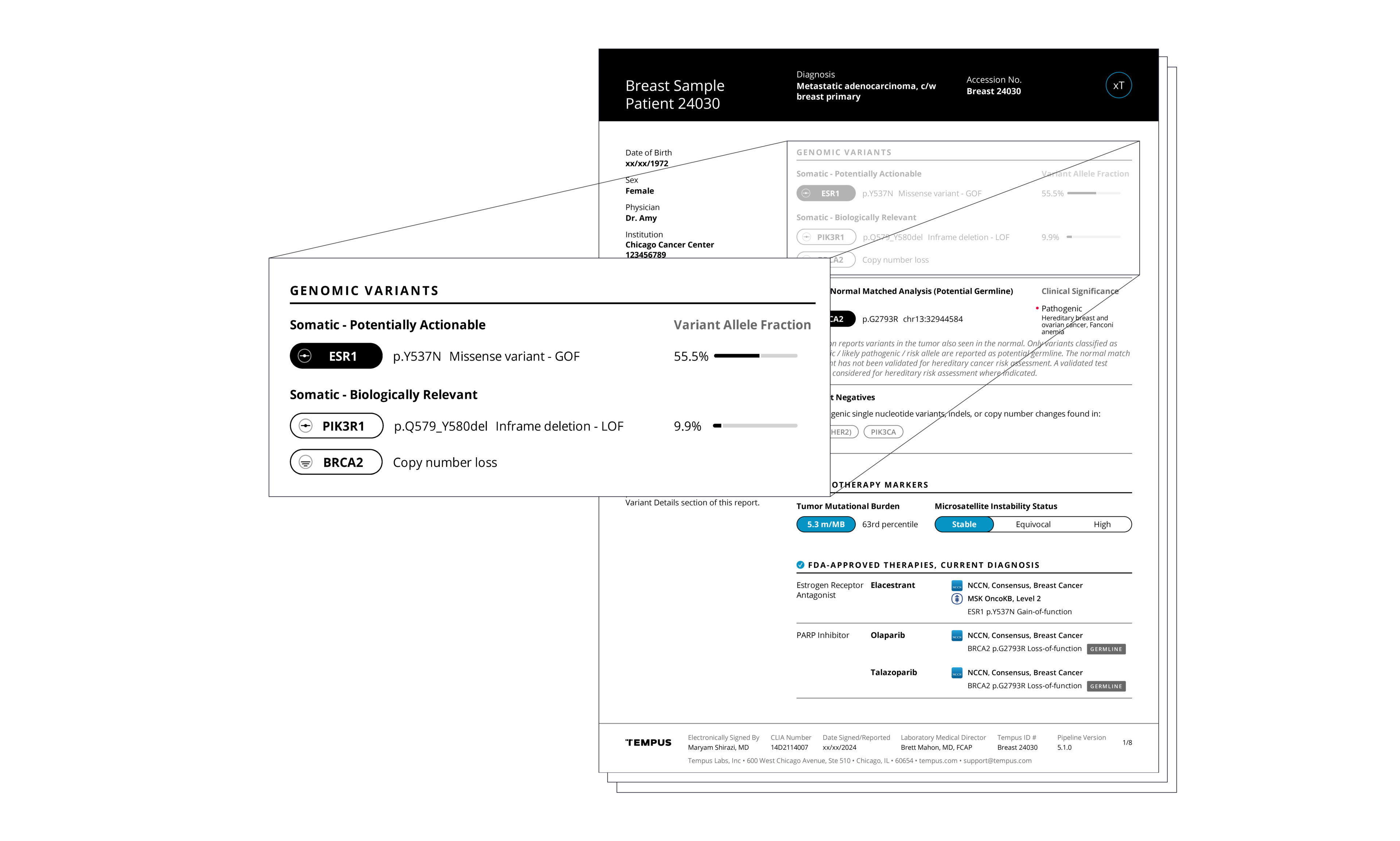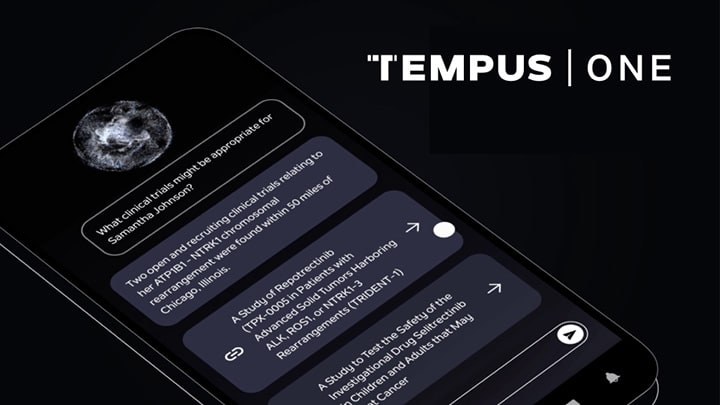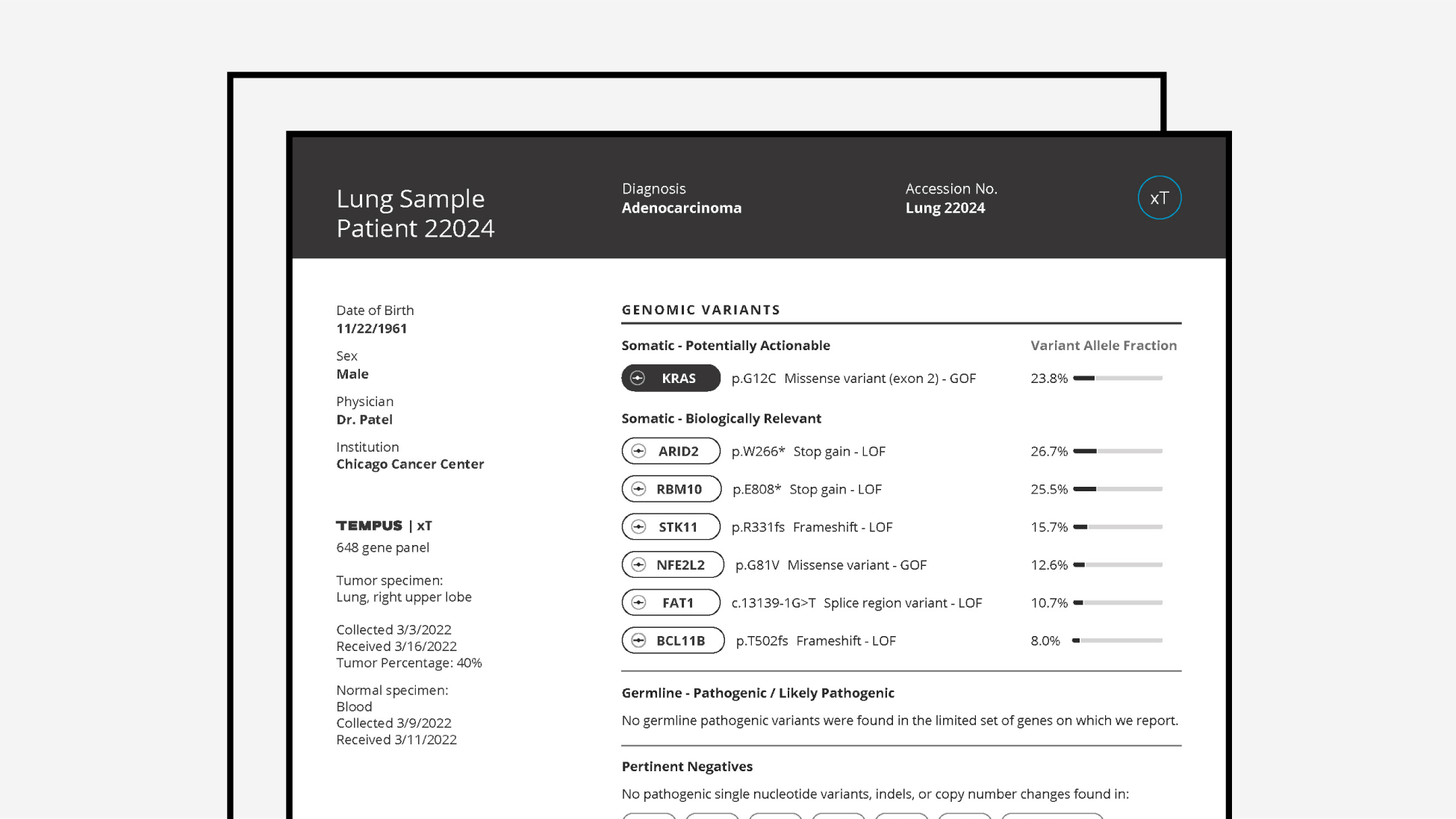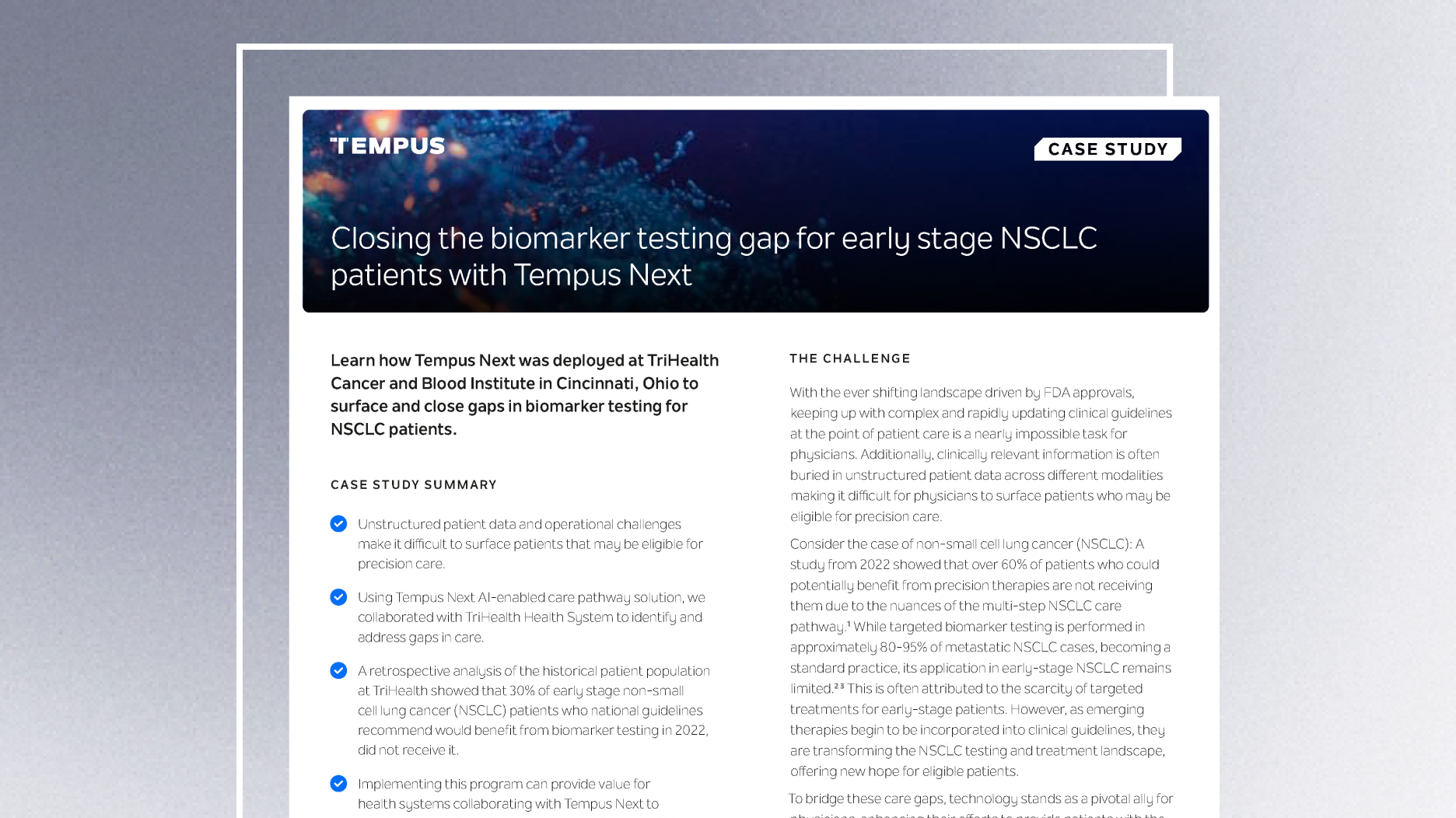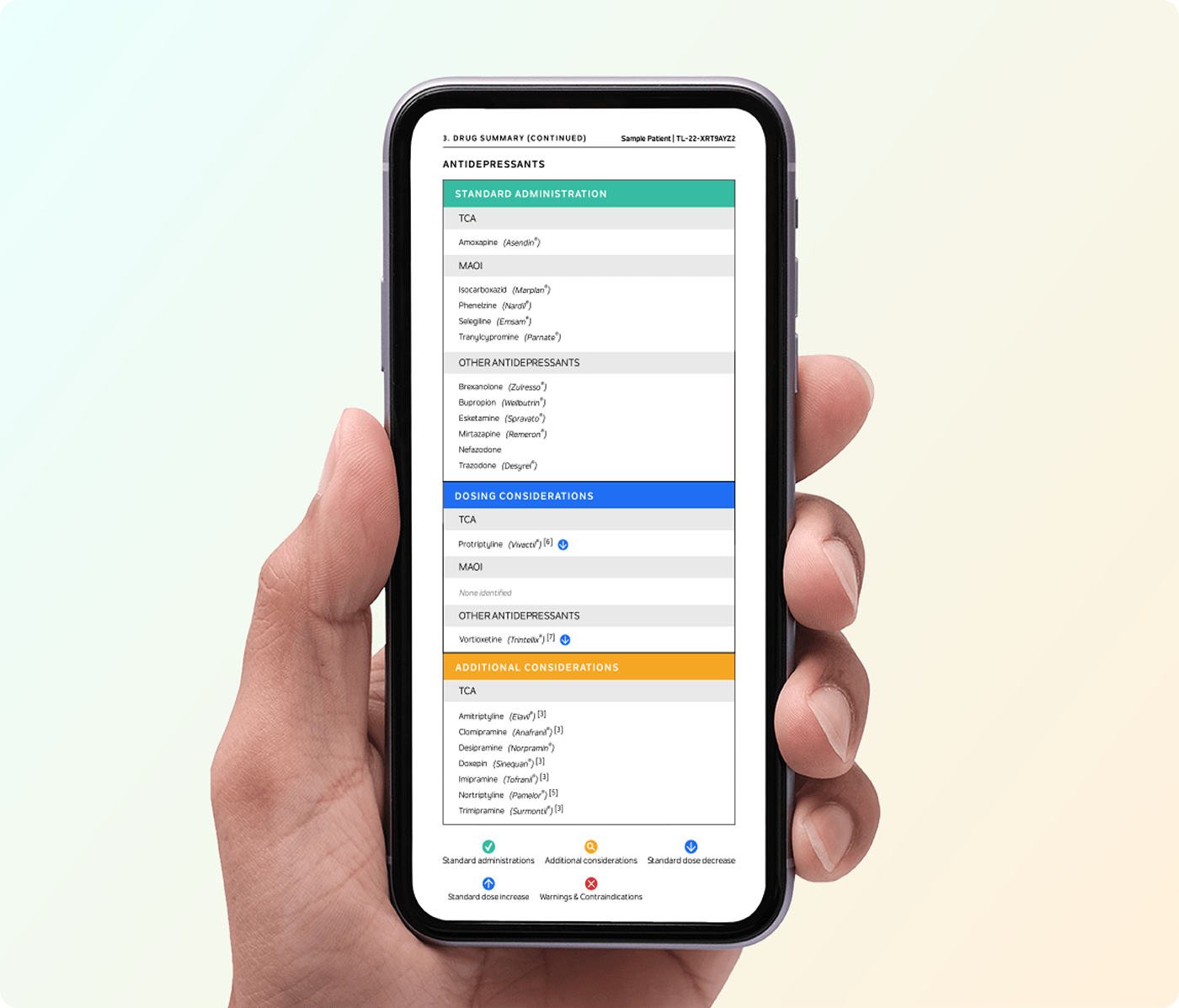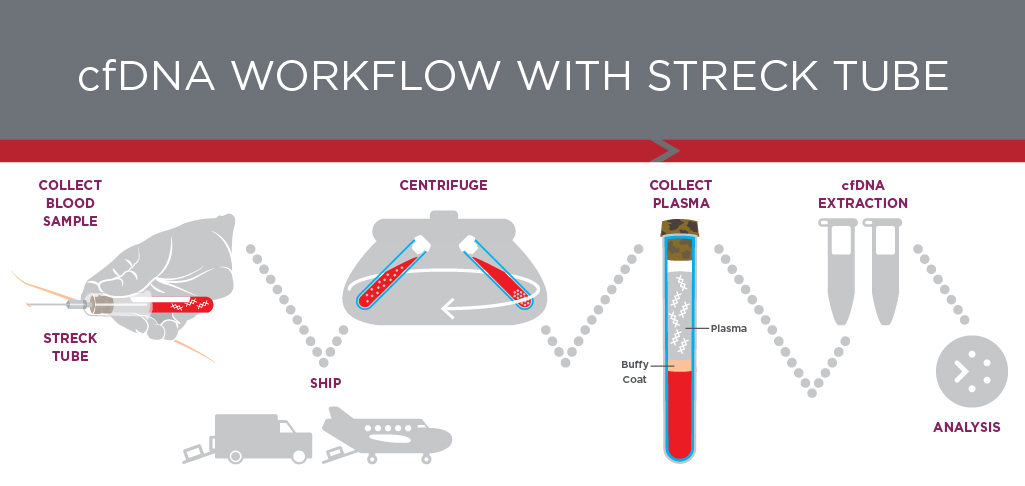What Is A Tempus Blood Test
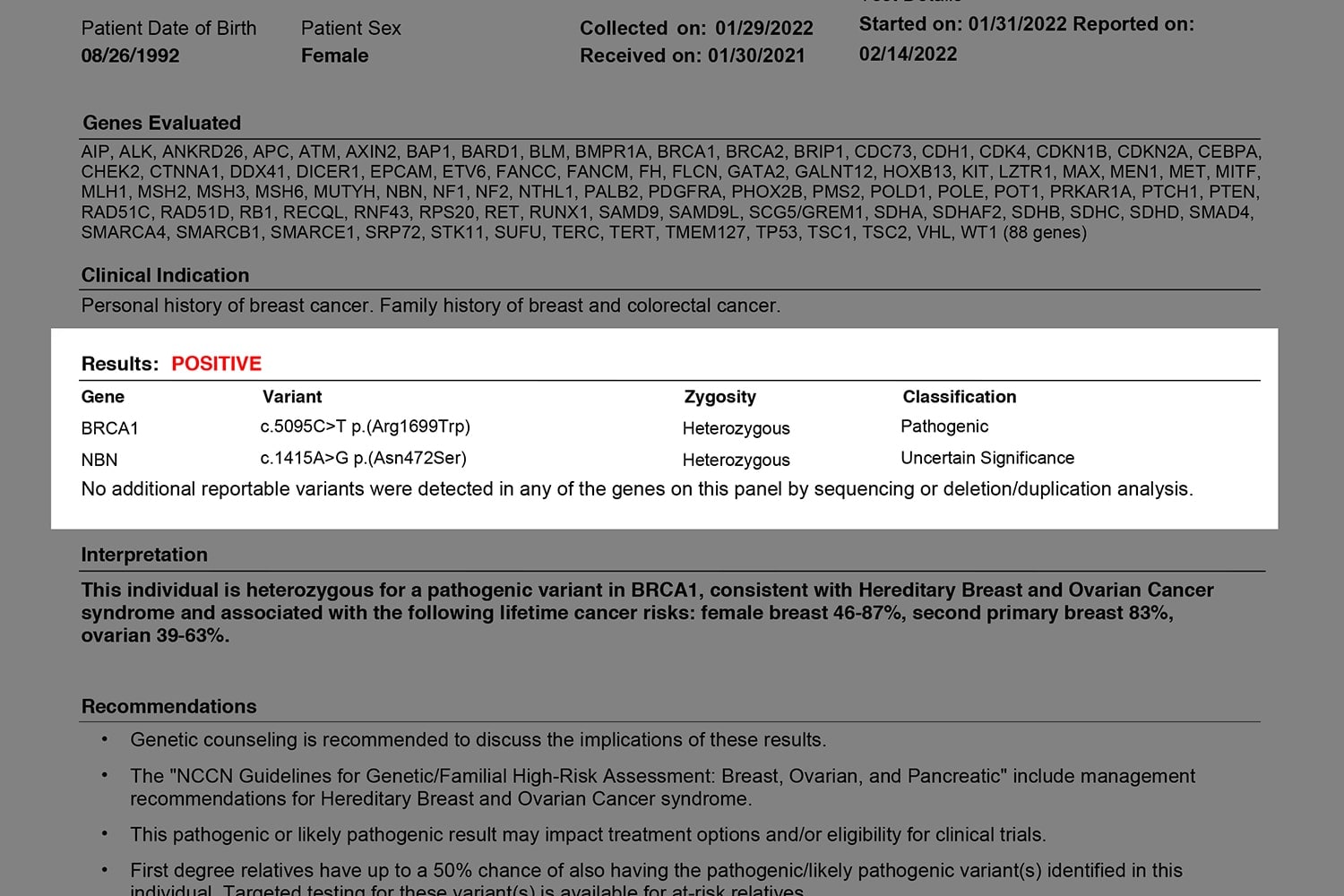
Urgent advancements in cancer diagnostics are rapidly changing treatment paradigms. The Tempus Blood Test, a liquid biopsy, offers a less invasive way to analyze cancer DNA, promising faster and more personalized treatment strategies.
What is the Tempus Blood Test?
The Tempus Blood Test is a liquid biopsy that analyzes circulating tumor DNA (ctDNA) in a patient's blood sample. This ctDNA contains genetic information about the cancer, allowing doctors to identify specific mutations and other biomarkers without needing a tissue biopsy.
Unlike traditional tissue biopsies, which can be invasive and time-consuming, the Tempus Blood Test offers a quicker and less risky approach. It provides valuable insights into the tumor's genetic makeup, helping guide treatment decisions.
How Does It Work?
The process begins with a simple blood draw from the patient. The blood sample is then sent to Tempus Labs, where specialized sequencing technology is used to analyze the ctDNA.
The analysis identifies gene mutations, amplifications, and other genomic alterations present in the tumor. This detailed genetic profile helps oncologists select the most effective therapies and avoid treatments that are unlikely to work based on the cancer's specific genetic characteristics.
What Information Does It Provide?
The Tempus Blood Test provides a comprehensive genomic profile of the cancer. This includes information about specific gene mutations, microsatellite instability (MSI) status, and tumor mutational burden (TMB).
This data is crucial for identifying potential targeted therapies and immunotherapies. By understanding the unique genetic characteristics of the tumor, physicians can tailor treatment plans to maximize effectiveness and minimize side effects.
Who Can Benefit From This Test?
Patients with advanced solid tumors who require comprehensive genomic profiling are the primary beneficiaries. The test is particularly useful when a tissue biopsy is difficult to obtain or when the tumor's genetic profile needs to be monitored over time.
Oncologists use the Tempus Blood Test to guide treatment decisions for various cancers, including lung cancer, breast cancer, colon cancer, and melanoma. It aids in selecting targeted therapies, immunotherapies, and clinical trials.
When is the Test Typically Ordered?
The test is often ordered at various stages of cancer treatment. It can be used at initial diagnosis to understand the tumor's genetic profile, during treatment to monitor response, and after treatment to detect recurrence or track the evolution of the cancer.
Regular monitoring through the Tempus Blood Test can help oncologists adapt treatment strategies as needed. This ensures that patients receive the most effective and personalized care throughout their cancer journey.
Where is the Test Available?
The Tempus Blood Test is offered through Tempus Labs. Hospitals and oncology clinics across the United States can order the test for their patients.
Tempus Labs collaborates with healthcare providers to ensure seamless integration of the test into clinical practice. They provide comprehensive support, including test ordering, sample processing, and results interpretation.
Why is This Test Important?
The Tempus Blood Test is crucial because it enables personalized cancer treatment. It allows oncologists to make informed decisions based on the unique genetic characteristics of each patient's tumor, rather than relying solely on traditional methods.
This personalized approach has the potential to improve treatment outcomes, reduce unnecessary side effects, and extend survival rates. The test represents a significant step forward in the field of precision oncology.
What Are the Limitations?
While the Tempus Blood Test offers many advantages, it also has some limitations. The sensitivity of the test depends on the amount of ctDNA present in the blood, and in some cases, the ctDNA levels may be too low to detect.
Furthermore, the test primarily focuses on detecting mutations in specific genes, and it may not capture all the complex genomic changes occurring in the tumor. Tissue biopsy may be necessary in cases where the blood test results are inconclusive or do not provide sufficient information.
Next Steps
The ongoing research and development in liquid biopsy technology continue to improve the accuracy and sensitivity of the Tempus Blood Test. Clinical trials are underway to evaluate the test's effectiveness in various cancer types and treatment settings.
Healthcare providers and patients should discuss the potential benefits and limitations of the Tempus Blood Test to determine if it is an appropriate diagnostic tool. This is especially important for those seeking the most advanced and personalized cancer treatment options.
For the latest information, visit the Tempus Labs website and consult with your oncologist.
